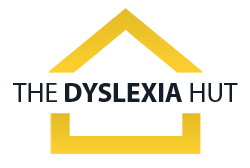THE DYSLEXIA HUTBenefits of
dyslexia assessment
Early Identification

Tailored Support

Exam Access Arrangements’
Classroom Adjustments
University Funding Eligibility

Self-Understanding

Informed Decisions
Future Planning

Assessment Process
A diagnostic assessment is a comprehensive evaluation designed to identify a child’s cognitive and academic strengths and limitations, with a focus on dyslexia. The assessment is available for pupils aged 7 and above, lasting approximately 2.5-3 hours. During the assessment, the child’s verbal and visual abilities, memory, phonological skills, processing speed, reading, writing, and spelling skills are thoroughly examined. The assessment is structured to ensure the child feels at ease, with tasks stopping when they become too challenging to protect the child’s confidence and self-esteem.
Prior to the assessment, two short questionnaires must be completed to gather background information from both home and school. These questionnaires help build a comprehensive picture of the child’s specific strengths and difficulties with literacy, enabling a more accurate and tailored assessment.
Following the assessment, a detailed diagnostic report is produced within 15 working days. This report outlines the child’s cognitive and academic strengths and difficulties, along with personalised recommendations for parents and practitioners to provide appropriate support. A follow-up call is also available to discuss the assessment results in more detail.
A diagnostic assessment is priced at £495. To secure the assessment date, a £100 deposit is required, with the remaining balance due 14 days before the assessment takes place.



